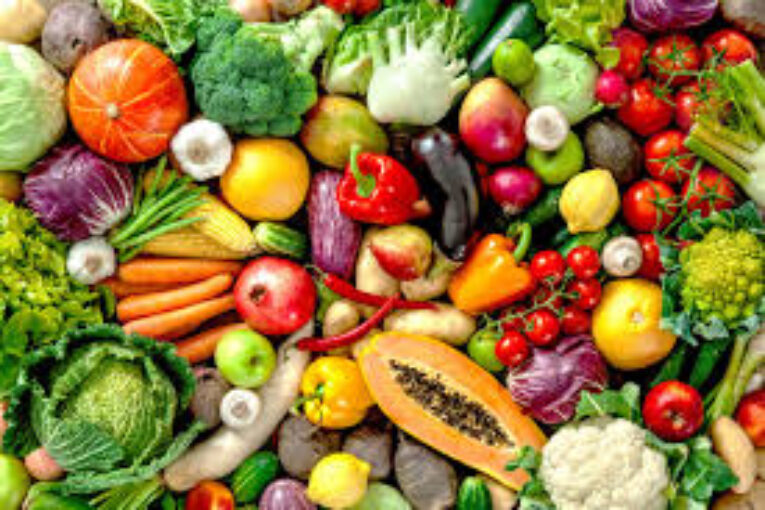
Eating fruits and vegetables is one of the best ways to maintain good health. Fruits and vegetables are an important part of a healthy diet. They contain vitamins, minerals and phytochemicals that can protect your body against diseases such as diabetes, cancer and heart disease. Ideally, you should eat five kinds of vegetables and two kinds of fruit every day.
Doctors and health practitioners recommend increasing the servings of fruits and vegetables to your table. But it is sometimes difficult part of your household budget to buy larger quantities of vegetables and fruits. These tips can help you adjust to a variety of fruits and vegetables into your existing household budget with a little planning and foresight. If you live near a farm, buying your weekly supply of fruits and vegetables from the farmer. Alternatively, you can plan your purchases to the end of the day’s market. Normally, sellers prefer to sell their goods at reduced prices at the end of the day the market rather than take the leftover produce at home. Always buy produce in season fruits and vegetables. These are relatively less expensive than products of the season.
Clementines or tangerines lowercase are cheaper at Christmas while pears and apples are cheaper in the fall. Some farms offer to sell products through a program called Community Supported Agriculture (CSA). Pay the annual fee in advance to join this program. You can then receive boxes of products more and more regularly, like every week. most grocery stores offer weekly sales. Try to buy produce that fruit and vegetables available on the sale list for the benefit of reduced prices or through special discounts available on this subject.
You can enjoy a variety of fruits and vegetables without being a burden to your budget.
Another way to save on the grocery budget is to make bulk purchases. Most wholesalers offer heavy discounts if you buy fruit and vegetables in bulk. Go shopping with a neighbor or a friend and split your purchases. You enjoy various fruits and vegetables at prices much lower. Frozen fruits and vegetables are sometimes cheaper than fresh fruits and vegetables. Many have the mistaken impression that frozen fruits and vegetables are low in nutrients. The nutritional value is claimed to remain substantially the same in fresh and frozen fruits and vegetables. When choosing and buying frozen fruit, it is preferable to store brands. Most retail stores carry most of the time when you can get your stock of vegetables and fruits at minimal cost. Sometimes it may be preferable to obtain frozen fruits and vegetables if they are not grown locally and must be transported over long distances. If you buy two frozen and fresh products, make sure you use your fresh produce earlier than frozen. The Frozen remain good for a period much longer than the fruits and vegetables.
Another way to save on your grocery budget is to buy fruits and vegetables and cut yourself rather than buying pre-cut vegetables. Buy vegetables without seasonings like salt, butter or sauces. It is always best to add all the seasonings just before you have your meals or taste. It is therefore not an additional burden to use these tips to include more vegetables and fruits in your diet. Just plan carefully and make your purchases accordingly to make the most of every dollar you spend on your fruits and vegetables. To find information on the most fabulous way to incorporate a healthy lifestyle with more fruits and vegetables for your copy of fabulous fruit and vegetables today.

